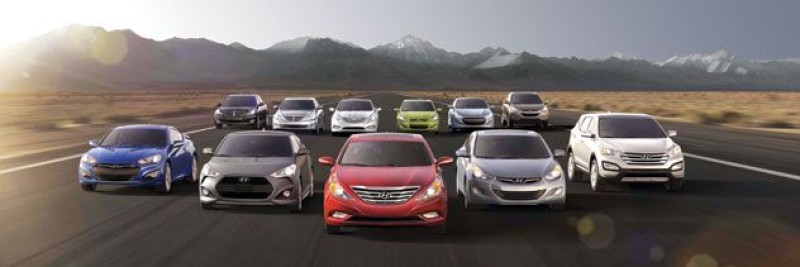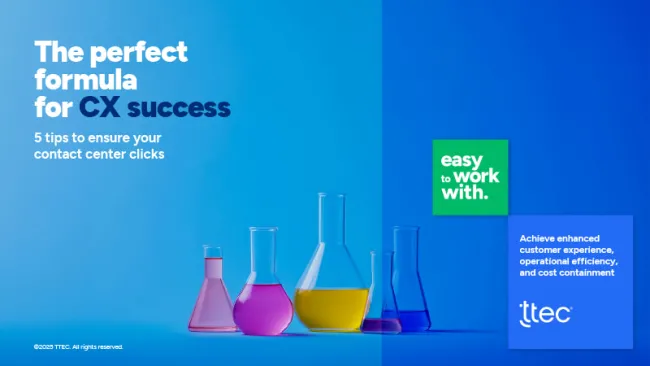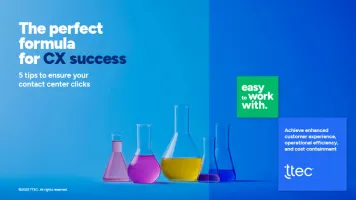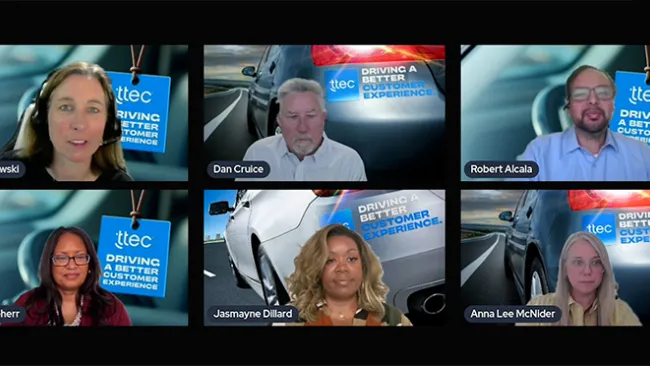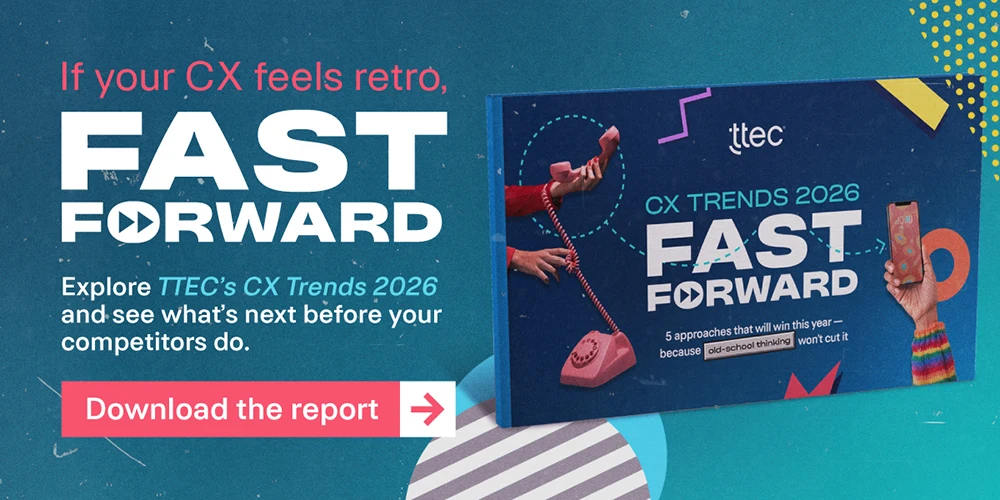Hyundai has solidified a reputation for being customer-centric in the auto industry. It differentiates itself from bigger automakers by focusing on the customer experience. Even though the company recently announced its best June and mid-year sales ever, it has slowed its expanding production in an intentional strategy to redouble its efforts to improve product quality and post-sale strategies. This is rare in an industry well-known for being product-centric and emphasizing sales volume. For Hyundai, the sale is just the beginning of the relationship with drivers.
"The real focus is on customer happiness," says Barry Ratzlaff, executive director of Customer Connect service and business development for Hyundai Motor America. "We're the brand that's got your back." During the recession, for example, it launched its Hyundai Assurance program, allowing owners to return a car if they lose their job. This is just one example of the company's commitment to customers.
Hyundai's goal is to be the "most loved car company in the world," Ratzlaff says. And it's his team's job to keep the relationship strong once the sale is made. He oversees many customer-facing units of Hyundai—the Customer Connect group, consumer affairs, the service contact center group, and service business development. His entire job is focused on interacting with and learning from customers.
Most recently, Hyundai invested in new technology to support the customer experience. Its Hyundai Assurance Connected Care program uses Blue Link telematics so drivers can contact the Hyundai service organization directly from their vehicle, as they think of it, to schedule a maintenance appointment or request roadside assistance. It also automatically alerts the authorities if the car is in an accident, and emails a monthly diagnostic report to owners based on data about the car that's continuously collected as they drive.
The telematics program also gives Hyundai a chance to be psychic with customers. The diagnostic report tells Hyundai exactly the right time to send an oil change coupon or a reminder for 30,000-mile service, Ratzlaff says. "Our interactions can be relevant, meaningful, and timed appropriately." Going further, he explains that when a customer uses the Connected Care system to schedule an appointment with a contact center associate through the vehicle, the call is recorded and sent to the individual's dealer, along with the most recent car diagnostic report from the vehicle. This allows the dealer's service team to prepare for the visit before the customer arrives for the service appointment.
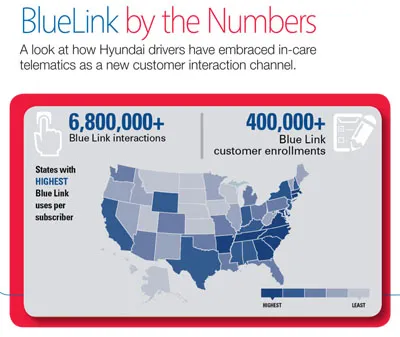
Ratzlaff admits that this type of multichannel experience looks simple to the customer, but requires alignment across a number of business units and technologies in order to work seamlessly. It's a complicated ecosystem in which Hyundai must coordinate and collaborate with 826 dealers, the contact center group, the IT organization, and others for the good of the consumers. "The back-end is complex, but the goal is to make it as simple and transparent as possible for the customer, in a preferred channel," Ratzlaff says. "It's a multifaceted relationship, so we must collaborate as a team to create a fulfilling customer experience. It's not about a single transaction, it's about the lifetime experience of the customer."
Tying back to the goal of being the most loved car company, Hyundai offers its Connected Care service not just for high-end vehicles, but for more than 60 percent of its sales, free for the first three years of ownership. It dovetails with other components of the Hyundai Assurance program, as well as its overall philosophy of building relationships, not just making sales.
This expansion brings with it resource challenges to deliver its brand promise. Hyundai has partnered with TeleTech to enhance its multichannel contact center operations, technology infrastructure, and employee training resources to match the increased needs of the Customer Connect program and provide a consistent experience across multiple channels.
Success built on trust
Looking beyond just improving the service organization, Hyundai's marketing, finance, and dealer networks collaborate to create coordinated personalized direct mail and email campaigns to encourage current owners to trade in their vehicles for new ones. Instead of a mass-market message, owners receive personalized letters from their local dealer with their exact monthly payment, along with what their new monthly payment would be if they traded in their vehicle. They then receive a follow-up email with the same information, reinforcing the offer in multiple channels.
"As we've grown, we consider the lifecycle of the customer, taking a more holistic approach," says Jill Merriam, owner of two Hyundai dealerships in Connecticut. Until the program began, "we had data at our fingertips that we weren't using. This program takes customers' data, puts in incentives, and determines the best offer for individual customers." She adds that the promotion is only sent out if the new monthly payment swings in the driver's favor.
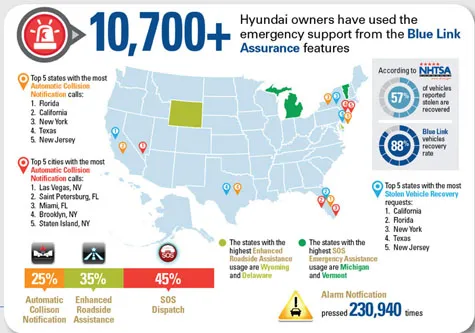
The program works because it was created from the owner's perspective, leading with the benefits for individual customers—a lower monthly payment for a new car—not with the flashiness of the new car's features or the sale price. This type of endeavor is only possible when the customer already trusts the company and wants to continue the relationship. Therefore, trust is another pillar that Hyundai uses in its business strategy.
Ratzlaff, who has been with Hyundai since 2006, puts a lot of emphasis on the need to earn customer trust through transparency and credibility. In a crowded auto industry, only a trust-based relationship will sustain through economic ups and downs, new product launches, and price wars. "Be transparent," he says. "In the long run, once you establish yourself as a brand that will work on mutual collaboration and respect, you'll see some real dividends."
Merriam agrees. "The quality has come so far and [Hyundai corporate] has done a great job with branding around the customer experience," she says. "We can do what we're doing because the brand stands behind it."
Hyundai put its money where its mouth is, and is working on a new program where owners will soon be able to rate individual dealers based on their personal service experiences that will appear both on Hyundai's website and a third-party ratings website, similar to TripAdvisor or Yelp. "Transparency and customer feedback are very important to us," Ratzlaff says. The tool will allow consumers to post both good and bad ratings, and give dealers a chance to show they've solved problems after a bad review. Though it's an opt-in program, Ratzlaff is encouraged by the number of dealers who have signed up for the initial launch. He admits this is uncharted territory, and that the auto industry has not historically been comfortable with such transparency. But customers expect this level of openness and feedback, and those doing the best job will rise to the top and raise the bar for all.
Ratzlaff advises other executives to focus on "truth, candor, and conversation" to enable a company's customer-centric vision. Only then will real customer relationships blossom. While he doesn't share specific figures, he emphasizes that Hyundai's vision to support customers throughout their lifetime has helped strengthen its position in the marketplace. Hyundai overtook Honda as the #1 carmaker for brand loyalty in Kelly Blue Book's 2010 survey, and, in 2012, the Hyundai Elantra won the prestigious North American Car of the Year award. Its American Customer Satisfaction Index and Temkin Customer Experience scores rank higher than the industry average, and continue to climb. Ratzlaff attributes success to Hyundai's culture of putting customers first. "The world's not perfect, but if you have an organization that will stand by you, it can be a great thing."
